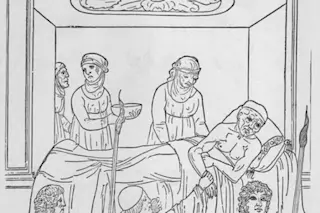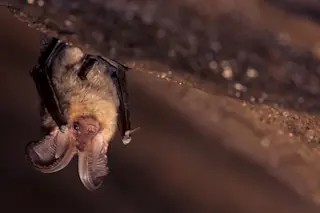Whooping cough is staging a comeback. According to the CDC, 2012 saw nearly 42,000 pertussis cases
—the most since 1955. Many public health officials initially believed the epidemic was due to falling vaccination rates. But a new study published this week in Pediatrics
shows that the problem is also due to serious shortcomings of the vaccination itself. Beginning in the mid-1990s, the U.S. began using a new pertussis vaccine that showed fewer side effects. Instead of injecting killed Bordetella pertussis bacteria to provoke an immune response, the new acellular vaccine only contains certain proteins from the outer layer of the bacterium. The acellular vaccine was less likely to cause fever and pain at the injection site. Initially, all looked good until scientists began noticing that even properly vaccinated individuals were becoming ill. A closer look at their vaccination histories revealed that many of these people had received the newer, acellular ...







